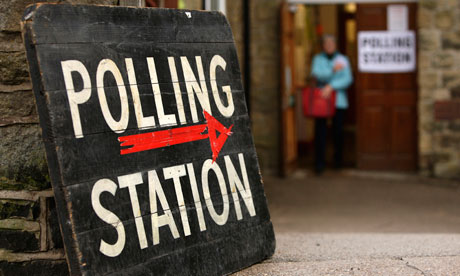There were five million more Black and minority ethnic (BME) people reported in the 2011 Census compared to 10 years earlier, with the BME population now representing eight million people in the UK.
Not only are the numbers growing, but the Runnymede Trust´s recent Race and Elections report, co-authored by ISER’s Professor Shamit Saggar and Nicole Martin, also shows that Britain´s diversity is spreading across the country from the inner cities to a great many more marginal seats across the suburbs and market towns.
This means that previously ´typical´ English seats are being increasingly influenced by the BME votes in their constituencies, and any politician seeking to represent modern Britain “must learn how to respond to the ethnic minority concerns highlighted in this report”, according to Dr Omar Khan, Director of the Runnymede Trust.
The report aims to provide analytical evidence on the complex issues involved in minority ethnic voting, by gathering contributions from leading academics on topics such as the voters, the far right, the rise of UKIP and BME groups in Scotland.
Professor Shamit Saggar, Professor of Public Policy at ISER, outlines the challenges and dilemmas in the relationship between ethnic minorities and political parties. He highlights the rapidly changing social, economic and cultural positions of the BME minorities, and the need for the UK´s political parties to move on from their past legacy in appealing to, and addressing the needs of, these minorities.
He further points to the potential for “the next parliament to point in a different direction. Its greater ethnic diversity can be a powerful force to interrogate political difference by focusing on the overlaps and shared understandings that exist across ethnic lines”.
Dr Nicole Martin, Senior Research Officer, explores the evolution of the proportion of ethnic minority MPs and candidates, as well as the complex possible explanations for their still low numbers.
Download the full report here.
